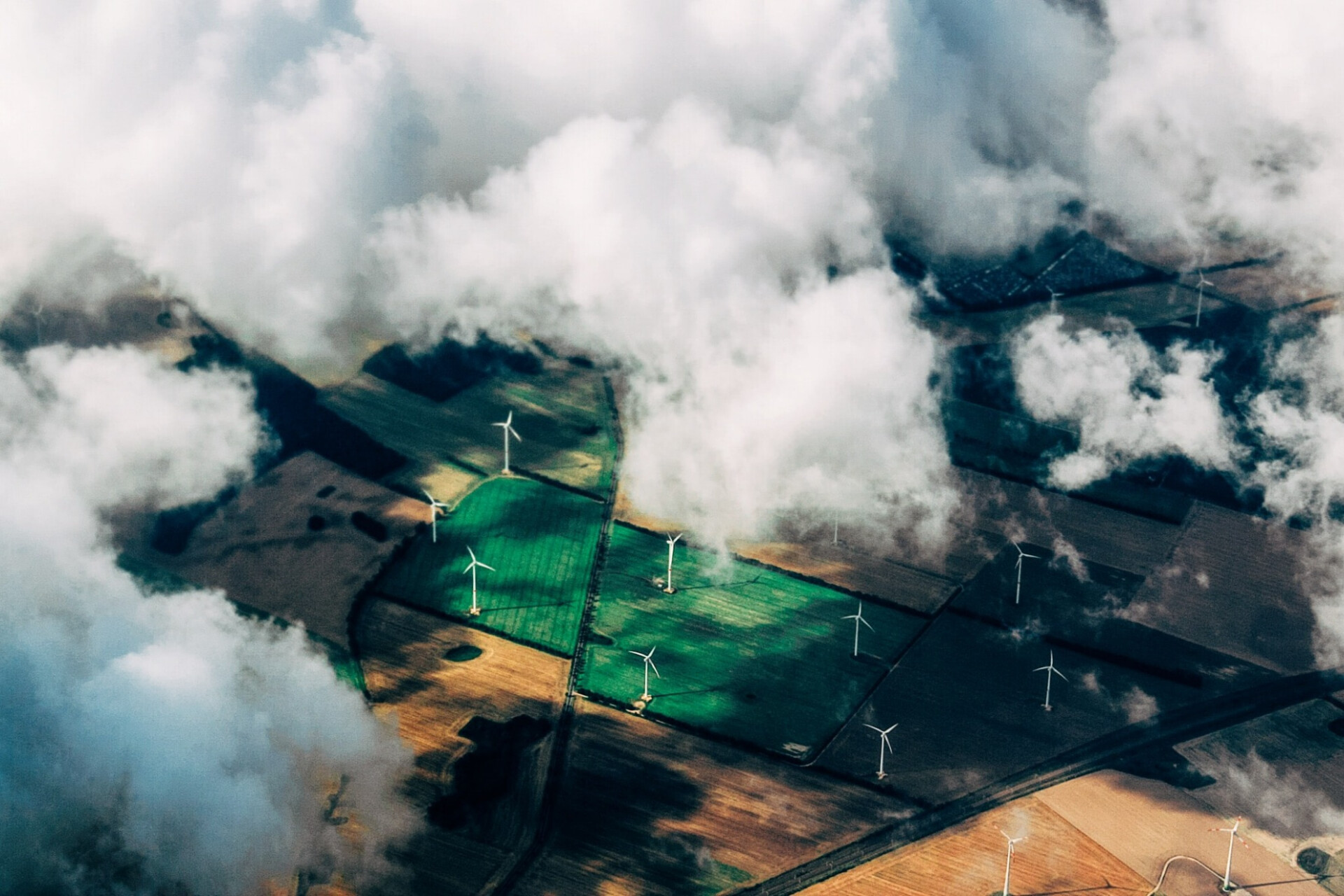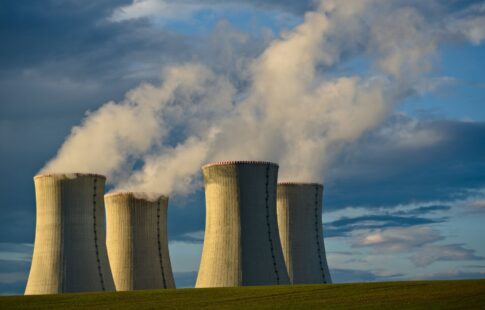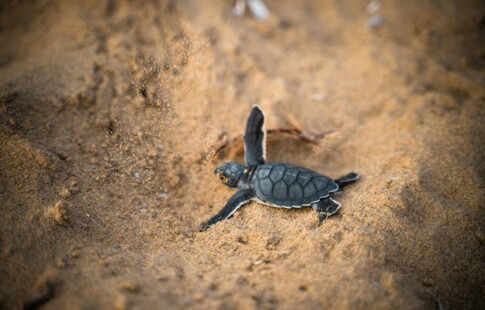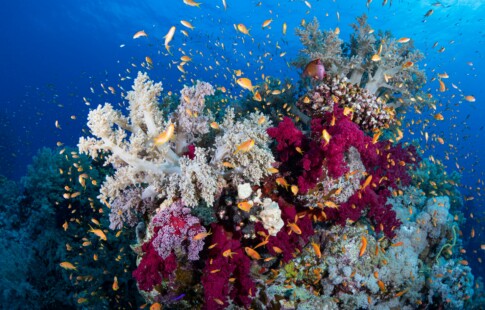
Environmental Science: An Overview
We are reader-supported. When you buy through links on our site, we may earn affiliate commission.
Environmental science is a broad field of study that integrates multiple disciplines, including biology, chemistry, physics and earth science, to understand the relationship between human activity and the environment, including climate change, air and water pollution and habitat destruction.
Why Is the Study of the Environment Important?
One of the most significant importance of environmental science is that it helps us understand how human activities impact the environment and provide solutions to the ecological problems that threaten our planet. In today’s world, human activities have led to severe environmental issues such as climate change, habitat destruction and loss of biodiversity.
Environmental science provides the scientific basis for decision-making and developing policies that address these problems and protect the environment. It also includes knowledge of the connection between human health and the environment. Environmental science research and sustainable teaching are necessary to balance our ecosystems, undoing past harm and averting future damage.
History of Environmental Science
Environmental science has a long and rich history, dating back to the mid-1800s when scientists began to study living organisms and how ecological factors affected them. Early scientists were curious to investigate novel creatures and ideas to comprehend Earth’s natural processes. This investigation was constructive when it could make our lives better.
For instance, comprehending a novel kind of plant or the principles of geology may reveal a new source of food or valuable materials. For many years, science’s main goal was to discover new species and natural occurrences.
In the late 19th and 20th centuries, scientists such as Charles Darwin, Thomas Huxley and John Muir researched the environment and its relationship with human activities. Later on, environmental science emerged as a separate field of study, as scientists recognized the need to study environmental issues in a comprehensive and interdisciplinary manner.
Subdisciplines of Environmental Science
Environmental science is a field of study that includes several subdisciplines. Below are some of them:
- Ecological Science: The study of ecosystems, including the interactions between living organisms and their environment.
- Climate Science: The study of Earth’s climate and how to reduce the effects of human activities on it.
- Environmental Chemistry: The study of the chemistry of the environment, including air and water pollution and developing techniques to prevent them.
- Soil Science: The study of soils and their composition, structure or function in the ecosystem.
- Environmental Economics: This refers to the study of the economic impacts of environmental issues and solutions.
Careers in Environmental Science
Environmental science has many advantages, one of which is providing employment opportunities. Below are some of the careers you can consider if you studied ecological science or any of its subdisciplines:
- Environmental Scientist: Conducts research on environmental issues and develops solutions for them.
- Environmental Engineer: Designs and implements solutions to environmental problems such as air and water pollution.
- Wildlife Biologist: Studies wildlife and their habitats and works to protect endangered species and ecosystems.
- Environmental Consultant: Provides advice and solutions to businesses and organizations on environmental issues.
- Environmental Educator: Teaches people about climate issues and promotes environmental awareness.
Understand the Science of the Environment
Environmental science is a necessary field of study that helps us understand the complex relationship between human activities and the environment while providing solutions to any problem that may threaten our climate. Scientists studying the environment develop solutions to protect humans against potential negative impacts.
Share on
Like what you read? Join other Environment.co readers!
Get the latest updates on our planet by subscribing to the Environment.co newsletter!
About the author
Grace Waters
Always inspired by the natural world around her, Grace grew up exploring tide pools and hiking mountain trails, developing a deep appreciation for biodiversity and conservation. Now, Grace works as the Senior Editor of Environment.co where she covers topics related to emerging clean technologies, zero-waste initiatives, and the intersection of environmental policy and everyday living.





